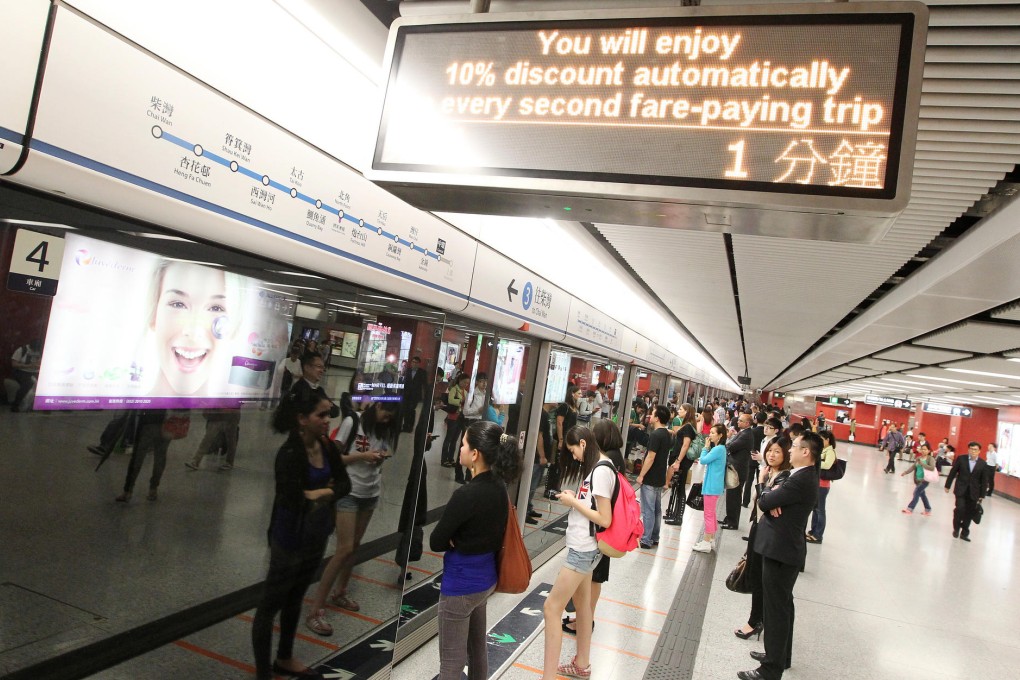Letters to the Editor, August 30, 2013
I refer to your report ("Fanny Law opposes arbitrary screening for CE race in 2017", August 28) and would like to clarify two points. As the 90-minute interview was condensed into 430 words, understandably some points were omitted or the meaning lost.

First, I support a rational approach for the nomination process, based on a set of objective criteria, including the candidates' competence, public acceptance and the ability to work with the central authorities (not "ties", which may be misconstrued as institutional links).
These, I believe, are essential qualities for the chief executive, who will have to pledge allegiance to both the central people's government and people of Hong Kong. These criteria mirror those set down for the last chief executive election, namely, ability, public acceptance and patriotism, which is ill-defined.
Second, the former chief executive's report to the National People's Congress Standing Committee on "Public Consultation on Constitutional Development" in December 2007 summarised that more submissions favoured two to four candidates at most.
Based on the last chief executive election, I think having three candidates is manageable. With fewer candidates, the debate among the candidates would be more orderly, and would allow for more in-depth discussion, hence differentiation of each candidate's manifesto, and evaluation of their vision and abilities.
We look for quality, not quantity.